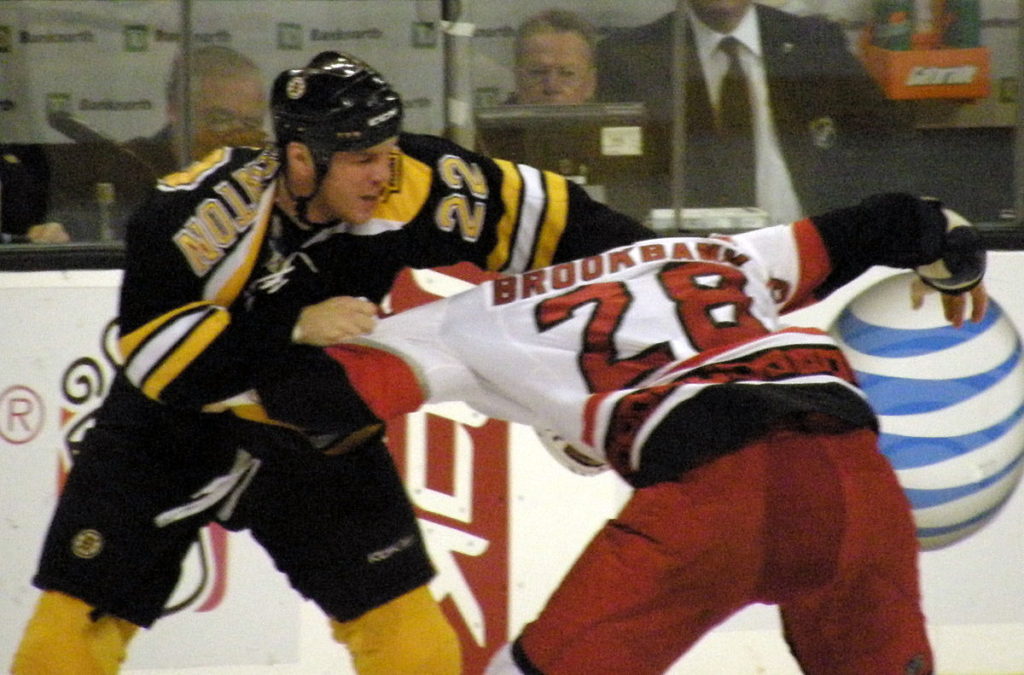
When you applied to get into journalism school, it was with the intention of becoming a sports reporter. Well, here you are five years later, ready to write your first game recap for your local paper.
However, just like Emily Muhleman, you need to be prepared to do great work before you land your first real world gig. Below, we will discuss the most important keys to great sports writing.
1) Talk about the result first
If the article in question is about a game, be sure to fill your readers in on the result first.
This way, they won’t have to go digging for this vital piece of information deep within the article, which will only generate complaints, which will get you into trouble with your editor.
Most readers are casual fans that are only interested in the outcome of the game, not the intricacies of it.
2) Pay attention to what the best reporters in the business are doing
When you are just starting out as a sports writer, you will struggle to find your voice. While this is normal, endeavor to pick up tips and tricks that will make you better by reading reports written by the best sports journalists in the business.
You don’t have to copy everything they do – just pay attention to the turns of phrase that they make, and by emulating a few of these, it will give your copy a much-needed jolt.
Over time, you will add in personal touches without even realizing it, and just like that, you will have a style that others will aspire to in turn.
3) Use descriptive (but appropriate) adjectives
After divulging the final score of a match, move on to describing plays that represented various turning points or changes in momentum.
While there are certain events within a match that will be similar to each other, make an effort to mix up the adjectives and metaphors that you will use to bring them to life.
As mentioned above, you can mine other sports reporters for ideas, or you can grab a thesaurus and get creative. Being analogous to a peaceful form of warfare, many sports situations can be translated using aggressive adjectives.
Don’t get too carried away though, as particularly violent ones such as ‘murdered’ or ‘killed’ can trigger readers who have suffered these losses in their life if your editor ends up letting it through.
4) Keep it simple
As tempting as it may be to let your inner muse run free, take special care to rein in phrasing that is excessively verbose. While consumers of sports media appreciate a well-written narrative, they typically lack patience when it comes to overly complex language.
Keep sentences short, analogies easy to understand (i.e. don’t pull a Dennis Miller), and words to as few syllables as possible, and you’ll keep your reader hooked instead of losing them with prose that is better suited to university academics.
5) Avoid bias
Don’t wear your emotions on your sleeve when it comes to talking about sports teams, especially if it is the team you cheer for or one that you loathe.
When you are writing game recaps for a news publication, stick to the facts. Who won? What was the score? Who did the scoring? What did the coach or the players say after the game?
Only share opinions if you are writing an op-ed column, and even then, care should be taken to keep your analysis classy, even if your allegiances lie with a specific team.